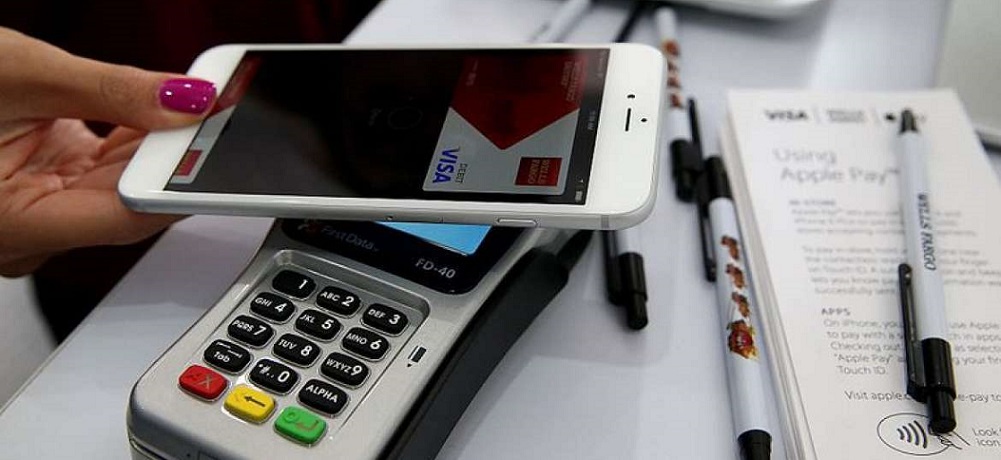
Most of the banks have developed a special mobile app for the purpose.
„The system, called Flik, is being developed by Slovenian banks in cooperation with the national payment processor Bankart, based on its exiting Bips IP infrastructure.”, according to Invest Slovenia.
Transfers will be processed within seconds round the clock and every day of the week, unlike now when transactions are settled every two hours, and even than only until 4:30pm and only on weekdays.
The system involves all 15 Slovenian commercial banks and savings banks, which own it, Paul-Alexandre Raveleau from SKB bank and Tatjana Bole Pirc from DBS bank, have told the STA.
The pair, who head the inter-bank board for Flik, say that the rules and procedures have been established and that the central-bank Banka Slovenije will act as a major catalyst.
They say the banks decided to develop the system in order to provide a simple channel for fast and safe instant money transfers.
Currently, various technical solutions are being tested with the plan that 13 out of the 15 banks launch the Flik system at the end of 2019 or right at the beginning of 2020.
By mid-2020, another bank will make the service available, while another of the participating banks is yet to announce the launch date.
Eleven of the 15 banks have decided to develop a special app, while the remaining banks will include the new feature in their existing mobile bank or digital wallet solutions.
Further on, the banks will be able to opt for various solutions together, depending on the response and desire of the customers, Raveleau and Bole Pirc say.
The app will be accessed by the PIN code or fingerprint or some other biometric code allowed by smart phones, with transactions conducted using contacts in the phone, that is without time-consuming typing of payer and recipient account numbers and other data required on payment orders.
Raveleau and Bole Pirc say that the system is fully compliant with the EU’s general data protection regulation, because it has been developed in cooperation with Slovenia’s information commissioner.
The system will initially allow transfers of up to EUR 15,000 between the accounts of physical persons, but the banks would like to expand the system to in-store payments as early as next year.
This will require upgrading the existing POS terminals (there are between 35,000 and 40,000 of those in Slovenia at the moment) and educating cashiers. The timeline will thus also depend on retailers.
The customer experience will be similar to using contactless payment cards. For the smaller shops, bars or restaurants that do not use POS terminals special mobile apps are being tested QR code scan payments.
At later stages, the banks would like to expand instant transfers to online shopping, transactions between businesses and between customers and businesses and some transactions with the state.
Ideally, the users should get the chance to make instant transfers for the whole range of various payment transactions. The ambition is that Flik becomes a national payment standard.
The amount of transfer, now capped at EUR 15,000, may be raised or lowered in the future, depending on the users’ response.
Raveleau and Bole Pirc say that this is a mayor investment for Slovenian banks, but they would not specify as each bank invests in development of its own technical solutions, based on common rules.
So are the fees for the customers up to the bank’s business policies, while Raveleau and Bole Pirc expect transfers between physical persons and in-store payments to remain free for physical persons.
Bips is intended for domestic money transfers, while later instant cross-border transfers will be made possible based on the Target Instant Payment Settlement (TIPS), which became operational in late 2018.
Slovenian banks will join TIPS on their own or via Bankart gradually, and so they enter the Sepa Instant Payments system.
For cross-border transfers to become as simple as those in Slovenia and some other countries that have introduced national instant payment systems, a common EU solution will be needed or at least integration of the national systems.
Banking 4.0 – „how was the experience for you”
„To be honest I think that Sinaia, your conference, is much better then Davos.”
Many more interesting quotes in the video below: